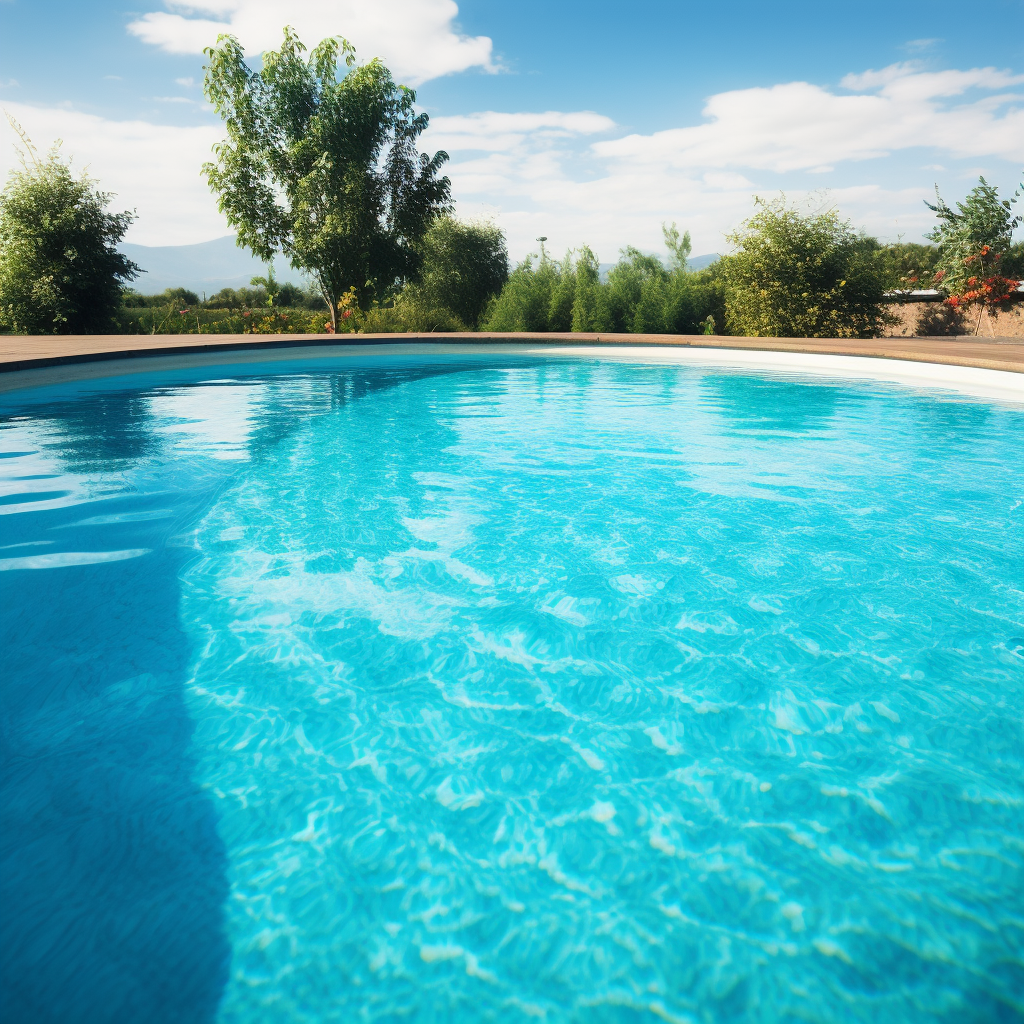The type of swimming pool you own can indeed influence the inspection process. Different pool types, from concrete to fibreglass, come with varying maintenance needs and potential issues. This blog will explore how various aspects of a pool's design, including its type, shape, and size, can impact the inspection process. Understanding these factors is crucial for pool owners to ensure their pools not only meet design preferences but also adhere to safety standards and are cost-effective to maintain.
What Type of Pool is Best?
Choosing the best type of pool depends on personal preferences, budget, and maintenance willingness. Concrete pools are praised for their durability and customization options but require more frequent inspections for surface and structural integrity. Fibreglass pools offer ease of maintenance with fewer inspections for surface issues, while vinyl liner pools, though cost-effective, need regular checks for liner integrity.
What is the Average Lifespan of Different Pool Types?
The lifespan of your pool significantly depends on its type. Concrete pools can last over 30 years with proper maintenance, fibreglass pools have a lifespan of 25 to 30 years, and vinyl liner pools generally require liner replacement every 10 to 15 years. Each type demands specific inspection focuses to ensure its longevity.
What Type of Pool is Cheapest to Maintain?
In terms of maintenance costs, vinyl liner pools typically have the lowest initial cost but may incur more expenses in the long run due to liner replacements. Fiberglass pools are known for their low maintenance needs, translating to less frequent and potentially less costly inspections.
What Should I Look for in a Pool Quote?
When reviewing a pool quote, key elements to look for include detailed breakdowns of material, labour, and equipment costs. Additionally, check for the inclusion of costs associated with permits, inspections, and potential future maintenance needs, as these will impact the overall cost of owning the pool.
What Conditions are Required for the Design of a Swimming Pool?
The design of a swimming pool must meet specific conditions for safety, functionality, and compliance with local regulations. This includes considerations for depth, circulation systems, and proximity to utilities. The pool type influences these design requirements and consequently, the inspection process, which ensures these criteria are met.
How Do I Choose a Swimming Pool Design?
Choosing a pool design involves considering your space, budget, and aesthetic preferences. Factors like the ease of maintenance, suitability for intended activities, and compliance with safety standards also play a role. The chosen design will dictate the inspection parameters, focusing on aspects like safety barriers, structural integrity, and equipment functionality.
How Often Should Different Pool Types Be Inspected?
While routine maintenance can be performed by the homeowner, professional inspections should be conducted annually, regardless of the pool type. However, certain types like concrete may require more frequent checks for cracks or wear and tear compared to fiberglass or vinyl pools.
What is the Required Space Around a Swimming Pool?
Adequate space around the swimming pool is essential for safety, accessibility, and compliance with regulations. The required space varies based on pool size and design, with inspectors assessing if the space meets safety norms, especially in the placement of safety barriers.
What are the Key Considerations in Pool Inspection Based on Pool Type?
During pool inspections, key considerations include checking the integrity of the pool structure, the condition of the liner in vinyl pools, the surface condition in fibreglass pools, and the overall maintenance of concrete pools. Inspectors also evaluate the pool's compliance with safety standards, including barrier requirements and emergency access.
Conclusion
The type of your pool significantly influences its inspection process, with each type presenting unique maintenance and safety considerations. Regular professional inspections, like those provided by "PEAK Pool n Spa Inspections" in Melbourne, Victoria, are vital in ensuring that your pool not only provides endless enjoyment but also adheres to the highest safety standards. Remember, the right pool type and regular inspections are key to a safe and enduring swimming experience.
%201.png)




